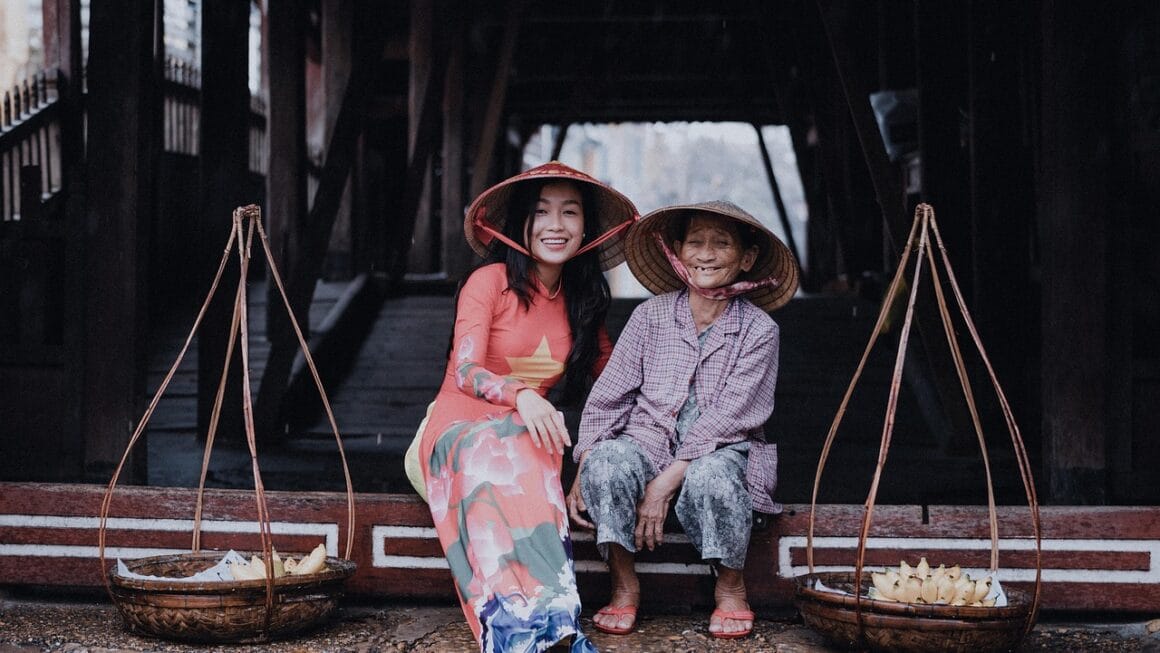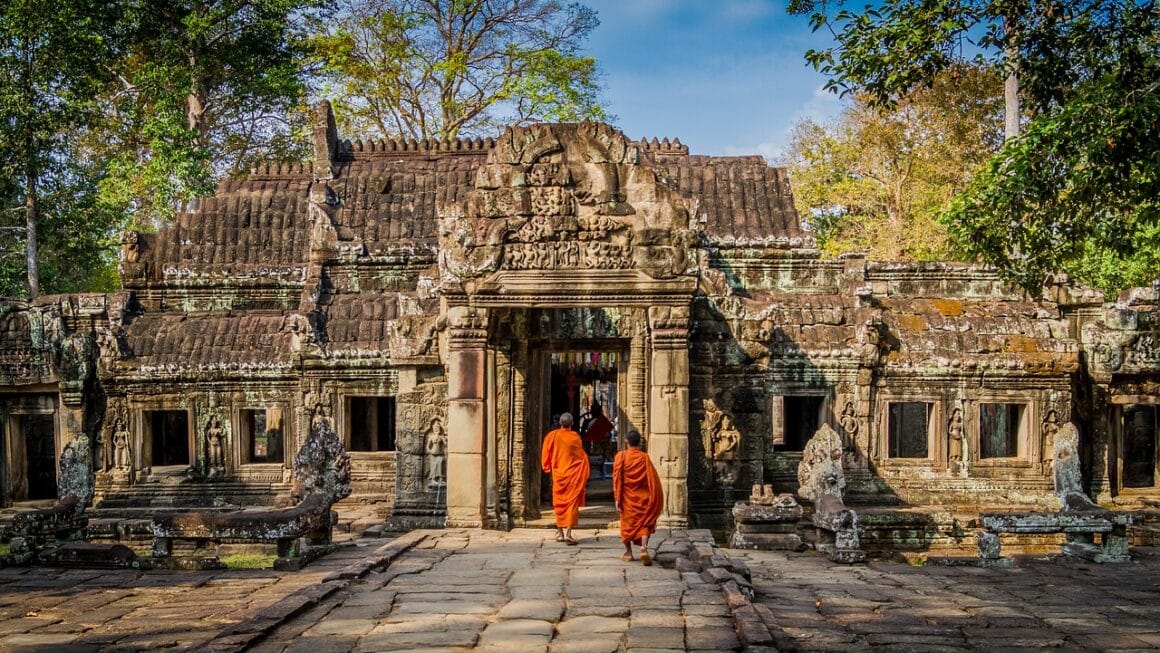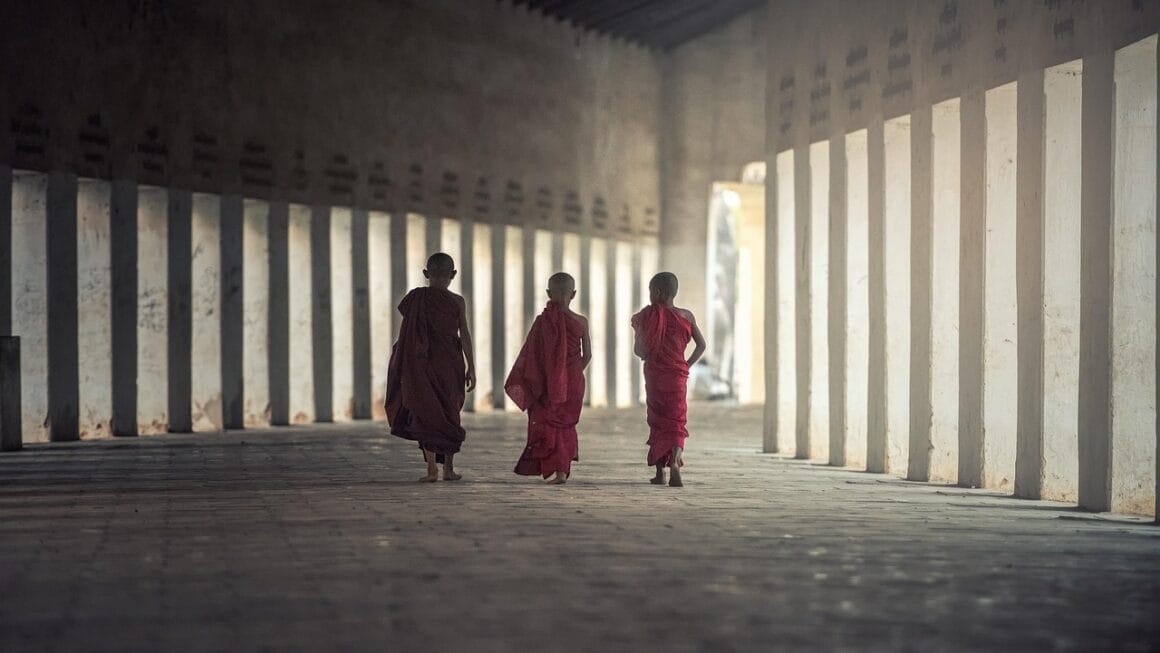Imagine vibrant music filling the air, the aroma of exotic spices tantalizing your senses, and a kaleidoscope of colors celebrating diverse traditions. This isn’t a dream; it’s the reality of heritage festivals, events that offer a window into the rich tapestry of human culture. Whether you’re a seasoned traveler or simply curious about the world, these festivals provide unforgettable experiences and foster a deeper understanding of our shared heritage.
What Are Heritage Festivals?
Defining Heritage Festivals
Heritage festivals are community-based celebrations dedicated to honoring and showcasing the cultural traditions, history, and values of a specific group of people, community, or nation. These festivals provide platforms for cultural expression through various forms such as:
- Music and dance performances
- Culinary delights and food traditions
- Artisan crafts and demonstrations
- Historical reenactments and storytelling
- Educational exhibits and workshops
They serve as important vehicles for cultural preservation, education, and fostering community pride.
Why Are They Important?
Heritage festivals play a crucial role in promoting cultural understanding and social cohesion. They offer a unique opportunity to:
- Preserve cultural traditions: By actively celebrating and passing on traditions to younger generations.
- Educate the public: Providing insights into different cultures and fostering appreciation for diversity.
- Boost local economies: Attracting tourists and supporting local businesses.
- Strengthen community bonds: Bringing people together to celebrate their shared heritage.
- Promote intercultural dialogue: Encouraging interaction and understanding between different cultural groups.
Planning Your Visit to a Heritage Festival
Finding the Right Festival
With countless heritage festivals happening worldwide, finding the perfect one can seem daunting. Consider these factors when making your choice:
- Your interests: Are you passionate about music, food, history, or a specific culture?
- Location and travel: How far are you willing to travel, and what’s your budget?
- Timing: Check festival dates and availability of accommodations.
- Reputation and reviews: Read reviews from previous attendees to get an idea of the festival’s quality.
Popular online resources like Eventbrite, Festivalnet, and local tourism websites can help you discover upcoming heritage festivals in your area or around the world.
Essential Preparations
Once you’ve chosen a festival, proper planning will ensure a smooth and enjoyable experience:
- Book accommodation and transportation in advance: Especially for popular festivals, secure your bookings early to avoid disappointment.
- Research the festival program: Familiarize yourself with the schedule of events, performances, and activities.
- Pack appropriately: Consider the weather conditions and dress code (if any). Comfortable shoes are a must!
- Learn basic phrases: If the festival celebrates a culture with a different language, learning a few basic phrases can enhance your interaction with locals.
- Carry cash: Some vendors, especially at smaller festivals, might not accept credit cards.
Experiencing the Culture
Immersing Yourself in the Celebrations
Heritage festivals offer a fantastic opportunity to immerse yourself in the culture being celebrated. Here are some tips to make the most of your experience:
- Attend performances: Enjoy the music, dance, and theatrical presentations that showcase the culture’s artistic expressions.
- Sample traditional cuisine: Indulge in the authentic flavors of the culture through food stalls and cooking demonstrations.
- Engage with locals: Talk to festival organizers, performers, and attendees to learn more about their traditions and experiences.
- Participate in activities: Join workshops, games, or craft sessions to actively engage with the culture.
- Be respectful: Show respect for cultural customs and traditions.
For example, at the Edinburgh Fringe Festival, experiencing various forms of art from theatre and comedy to dance and music is a must. In New Orleans, participating in the joyful and vibrant celebration of Mardi Gras will immerse you in the local culture.
Understanding Cultural Sensitivity
It’s essential to approach heritage festivals with cultural sensitivity and respect:
- Dress modestly: Be mindful of local customs regarding attire.
- Ask permission before taking photos: Respect people’s privacy and ask for consent before photographing them.
- Be aware of cultural etiquette: Research and understand local customs regarding greetings, gestures, and social interactions.
- Avoid stereotypes: Be open-minded and avoid making assumptions or judgments based on cultural stereotypes.
- Show appreciation: Express your gratitude to the organizers and participants for sharing their culture with you.
The Economic and Social Impact
Economic Benefits of Heritage Festivals
Heritage festivals not only enrich our cultural understanding but also contribute significantly to local economies. They generate revenue through:
- Tourism: Attracting visitors from near and far, boosting hotel occupancy, restaurant sales, and retail spending.
- Job creation: Providing employment opportunities in areas such as event management, hospitality, and transportation.
- Support for local businesses: Creating a platform for local vendors to showcase their products and services.
- Increased tax revenue: Generating tax revenue for local governments through tourism-related activities.
A study by the National Endowment for the Arts found that arts and cultural production contributed $919.7 billion to the U.S. economy in 2022, representing 3.6% of the nation’s gross domestic product. Heritage festivals are a key part of this contribution.
Social Cohesion and Community Building
Beyond their economic impact, heritage festivals play a vital role in fostering social cohesion and strengthening community bonds. They:
- Promote intercultural understanding: Providing opportunities for people from different backgrounds to interact and learn from each other.
- Celebrate diversity: Showcasing the richness and variety of cultural traditions within a community.
- Strengthen community identity: Fostering a sense of belonging and pride among members of a cultural group.
- Bridge generational gaps: Providing a platform for elders to pass on their knowledge and traditions to younger generations.
- Combat prejudice and discrimination: By promoting understanding and empathy between different cultural groups.
Conclusion
Heritage festivals are more than just celebrations; they are powerful tools for cultural preservation, education, and community building. By attending these festivals, you can immerse yourself in diverse traditions, broaden your understanding of the world, and contribute to the preservation of our shared human heritage. So, start planning your next cultural adventure today and discover the vibrant tapestry of cultures that awaits!




